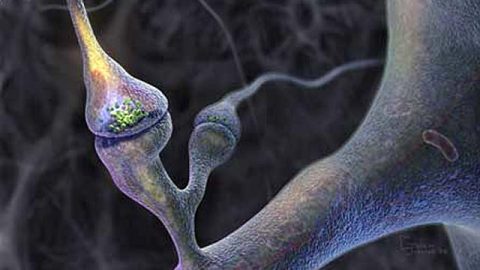Learning with Video is as Effective as the Classroom – And that’s a Problem

Scientists of the RUB department for Neurophysiology have proven that we don’t need to actively explore new environments in order to learn but that passively watching new information on a computer screen leads to the same sustained changes in the strengths of nerve cell connections in the brain.
In the experiment, one group of rats was actively exploring new spatial environments and another group was watching the new environment on a screen. Both formed new lasting connections in the Hippocampus which is important for long term memory.
Prof. Dr. Denise Manahan-Vaughan points out that these findings are essential to understand how digital learning competes with learning in a physical environment, e.g. the classroom, in the brain of the students.
On the one hand, the research can be the basis for new strategies in the classroom to fight against “the apathy in children towards the traditional teaching methods.” On the other hand, it also explains the observations of teachers that each new generation of school children seems to have increasingly shorter attention spans.
According to Manahan-Vaughan children are using an increasing amount of digital media throughout the day. If the findings in the experiment are correct, the information that children learn by playing games or watching videos is simply competing with the information they received and learned during class.
While this is, of course, a problem when the information consumed by children after school are games and TV shows, the research is really good news for Khan Academy and the model of the flipped classroom. In this model children watch Khan’s or other educational videos at home to learn the essentials and then do experiments and homework in the classroom with the teacher and their peers. If the findings of Manahan-Vaughan are correct, the effect of watching a lecture at home would be of the same quality as learning the topic in class.
However, we need to take Dr. Derek Muller’s findings on the effectiveness of science videos into consideration which I discussed last week. Though the effect on the nerve cells might be the same we don’t know what students are learning. As Muller points out in his research, it might be that students just get confident in what they think they already know, which is in most cases not correct. Students need to bring up mental effort in order to learn, just passively watching the right information does not seem to work.
Hence, a combination of both research results might be a big step forward when discussing how to address today’s learners best.





